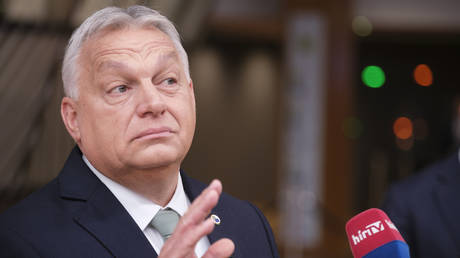Hungarian ’Master of the apocalypse’ Krasznahorkai wins 2025 Nobel Prize in Literature
PositiveFinancial Markets

Hungarian author László Krasznahorkai has been awarded the 2025 Nobel Prize in Literature, recognized for his profound and innovative contributions to the literary world. His unique narrative style and exploration of existential themes resonate with readers globally, making this accolade a significant milestone not only for him but also for Hungarian literature. This recognition shines a spotlight on the rich literary tradition of Hungary and inspires future generations of writers.
— Curated by the World Pulse Now AI Editorial System













